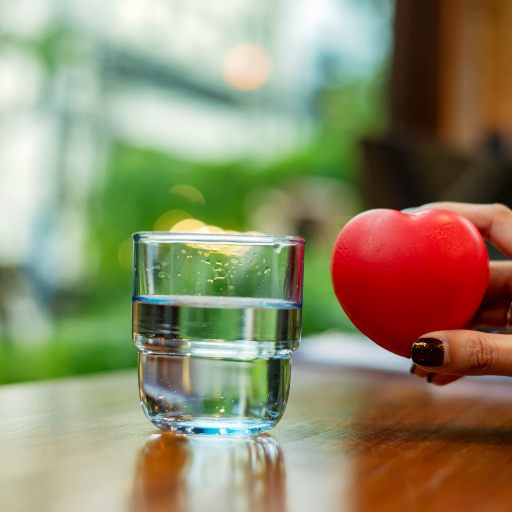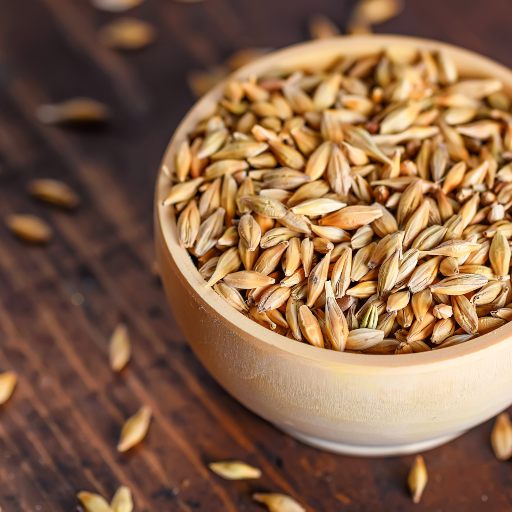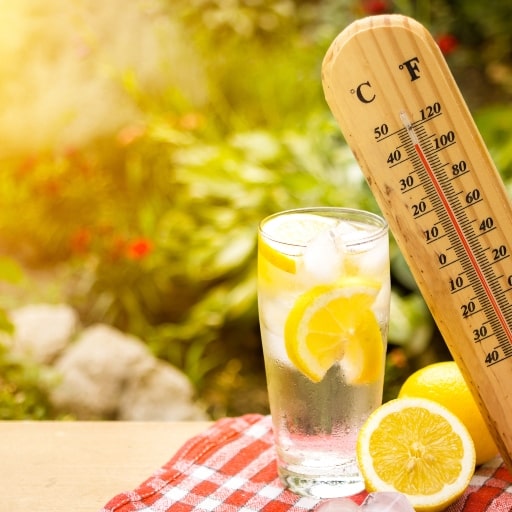Imagine your body as a plant and water as its sunshine to nourish you. Drinking plenty of water can improve your overall health and help counter ailments like headaches and nausea.
What you need to know:
- Importance of staying hydrated
- Benefits of staying hydrated
- How much water do you need to prevent dehydration?
Importance of staying hydrated
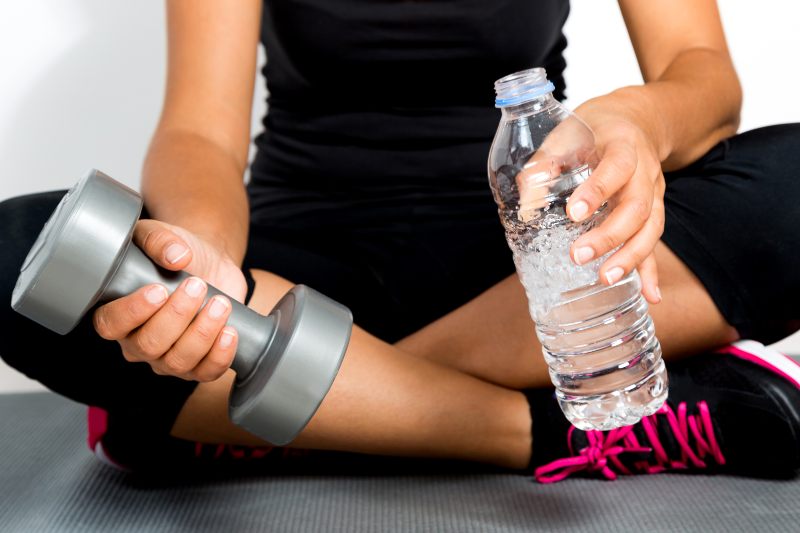
The human body is 75% water; therefore, our body functions would stop without water. You should drink at least 3 liters or 8-9 glasses daily to maintain a healthy water level. The importance of drinking water is unparalleled. It lubricates your joints, produces saliva, and regulates body temperature, to name a few.
Benefits of staying hydrated
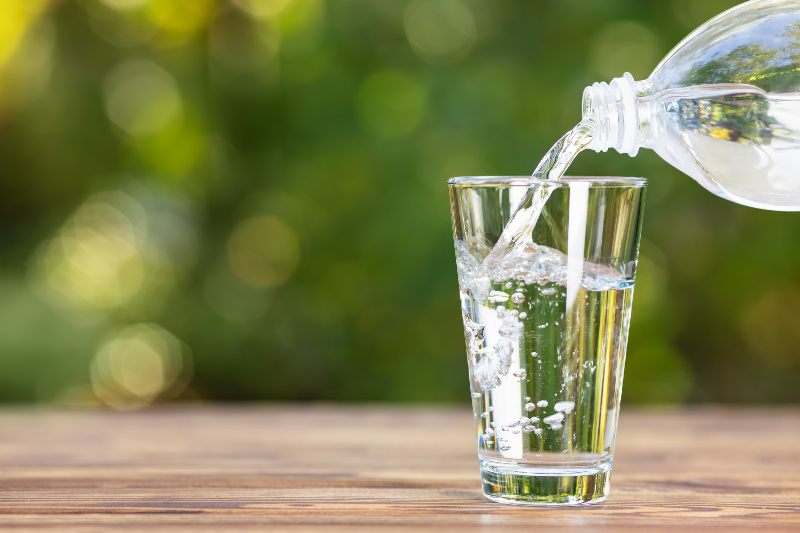 Here are some of the major benefits of staying hydrated:
Here are some of the major benefits of staying hydrated:
- Helps in improving cognitive performance
Studies have shown that even mild dehydration can affect mood, memory and overall cognitive performance. Losing body water can also affect your physical performance and energy levels. There are also many advantages of drinking water, especially while exercising. Drink water to replace the fluids you lose when you sweat, maintain performance levels while working out in the heat, and maintain normal body function.
- Prevent and treat headache
Dehydration can trigger headaches or even migraines. Drinking at least 1.5 liters can be effective in preventing headaches.
- Treats kidney ailments
Water is essential in keeping the kidney healthy, especially in treating kidney stones. A higher intake of water and fluids ensures that more urine passes through your system, thus stopping the development of kidney stones.
- Helps in weight management
One of the other advantages of drinking water is that it boosts your metabolism, which increases the number of calories you burn during the day. Drinking warm water before meals can improve digestion and ensure you don’t overeat or consume excessive calories.
- Helps relieve constipation
Increasing fluid intake is an established treatment for constipation. Mineral water, which is specifically rich in magnesium and sodium, can help improve bowel movements.
How to stay hydrated without water?
Individuals may need to pay more attention to maintaining proper hydration during busy schedules. In those cases, you can include these foods and fluids in your diet to get the benefits of staying hydrated:
- You can sip hot beverages like herbal tea, regular coffee, or warm soup.
- Drinking milk or a smoothie is also a good substitute for water.
- Fill your diet with plenty of fruits and vegetables, which are 90% water and will help keep you hydrated.
How much water do you need to prevent dehydration?
On average, the required daily intake of water is about 15.5 cups. However, this figure also includes water intake through other fluid sources like coffee, juices and veggies.
While there’s no fixed water intake for everyone, have at least 2 liters of water to keep dehydration at bay and reap the benefits of staying hydrated.
Stay tuned to the Activ Living Community. Keep up to date with the latest health tips and trends through expert videos, podcasts, articles, and much more in nutrition, fitness, mindfulness, and lifestyle conditions like Asthma, Blood Pressure, Cholesterol, and Diabetes.
You may also be interested in the following blogs:
- Overhydration: Is Drinking Too Much Water Harmful?
- What Are The 6 Water-Rich Foods That Can Help You Surf The Heatwave
Popular Searches
How to lower blood pressure | Fruits good for liver | Unhealthy foods | Ragi Benefits | Basal Metabolic Rate | Acupressure points for High Blood Pressure | Ayurvedic medicine for blood pressure | How to control cholesterol at home | Homeopathy for Asthma | Biological Age | Home remedies for TB | Natural beta blockers | Negative effects of internet | Types of walking | Blood pressure calculator | Blood sugar calculator | BMI Calculator





 1800-270-7000
1800-270-7000


